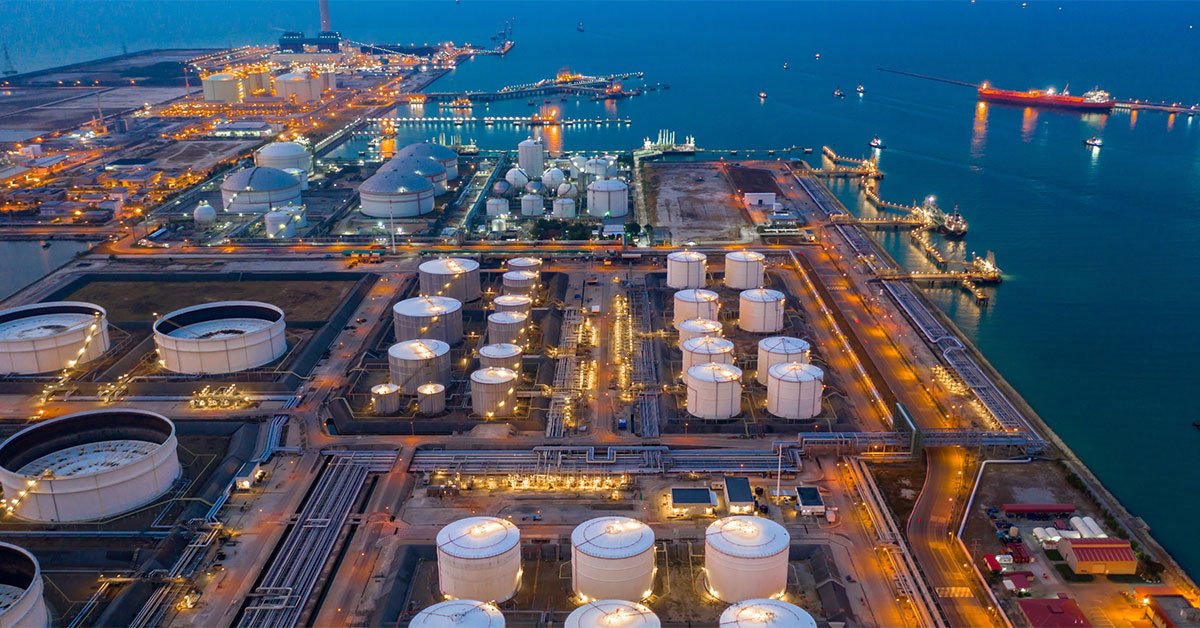Introduction
Iraq is at a pivotal moment, poised to emerge as a leading force in the global energy and cleantech sectors. With its vast natural resources, evolving energy strategy, and an increasing focus on sustainability, the country presents a wealth of opportunities for investors interested in cutting-edge energy and environmental solutions. As Iraq works to diversify its energy mix and embrace the future of clean technologies, it stands as a prime
1. Vast Untapped Renewable Energy Potential
Iraq holds exceptional potential in renewable energy, particularly in solar and wind power. With its favorable climate and geographic advantages, Iraq is becoming one of the most promising markets for solar energy development. A World Bank study reveals that the country receives an average of 5.6 kWh/m²/day of solar radiation, which positions it among the best regions globally for solar energy generation. Additionally, wind energy projects, particularly in regions like Al-Anbar and Basra, are gaining traction, with early-stage feasibility studies highlighting the economic and environmental benefits of harnessing Iraq’s wind resources.
2. Government Initiatives and Policy Support
The Iraqi government has laid out ambitious targets in its drive toward renewable energy, aiming to generate 12 GW of renewable energy by 2030. This commitment is part of a broader national strategy to reduce dependence on fossil fuels and mitigate the environmental challenges of desertification and water scarcity. The government’s efforts include offering incentives for foreign direct investment (FDI) and developing frameworks for clean energy technologies, making the country a fertile ground for cleantech innovation.
3. Strategic Geographical Location
Iraq’s strategic positioning at the crossroads of the Middle East, Asia, and Europe grants it significant logistical advantages for energy exports. Its proximity to major emerging markets, such as India and China, enhances its potential to become a key hub for energy trade, especially as renewable energy solutions gain importance globally. This geographical advantage is particularly important for future renewable energy infrastructure, where Iraq can serve not only as a resource provider but also as a transit point for clean energy technologies and services.
4. Economic Diversification for Long-Term Stability
Iraq’s economy remains heavily reliant on oil, with oil exports accounting for over 90% of government revenue. This dependence makes the country vulnerable to fluctuations in global oil prices, underscoring the need for economic diversification. The growth of cleantech and renewable energy industries offers a path forward, reducing Iraq’s economic vulnerability while simultaneously driving job creation in emerging sectors. By pivoting towards sustainable energy solutions, Iraq can foster a more resilient economy that can withstand external market shifts.
5. International Collaboration and Investment Opportunities
Iraq has made significant strides in fostering international partnerships to support its energy transformation. Notable collaborations with global firms like TotalEnergies, Siemens, and Masdar have already facilitated large-scale renewable energy projects, including solar power plants and grid modernization initiatives. These collaborations are pivotal in advancing Iraq’s infrastructure, enhancing energy efficiency, and integrating renewable energy into the national grid. As Iraq continues to build on these partnerships, additional opportunities for international investors and organizations are likely to emerge in the rapidly growing cleantech sector.
6. Overcoming Challenges and Risks
While the opportunities are abundant, Iraq’s energy and cleantech sectors face several challenges. Political instability, regulatory complexities, and outdated infrastructure continue to hinder the full realization of the country’s potential. However, strategic planning, effective risk mitigation strategies, and a long-term investment approach can enable investors to overcome these barriers. The government’s increasing focus on improving the business climate and the potential for high returns in the cleantech market makes Iraq a compelling investment destination, despite the risks.
Conclusion
Iraq’s vast renewable energy resources, combined with a supportive governmental framework and a prime geographical location, position the country as one of the most promising frontiers for energy and cleantech investment. The nation’s commitment to sustainability and energy diversification offers investors an exciting opportunity to contribute to a growing, transformative market. By addressing its challenges and continuing to invest in infrastructure and innovation, Iraq is set to become a pivotal player in the global energy landscape, offering long-term returns for forward-thinking investors.

